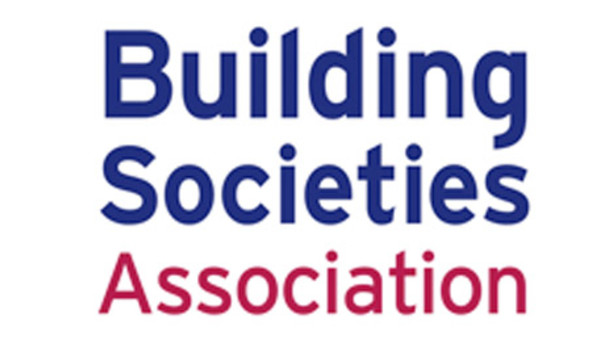

More than half (52 per cent) of borrowers say they will struggle or fall behind with mortgage repayments when interest rates rise, according to the Building Societies Association.
Canadean Consumer was commissioned to survey 2000 adults at the end of August, with figures weighted to be representative of all UK adults, revealing that one tenth would experience real financial problems.
A further 14 per cent said they would be able keep up with repayments, but it would be a constant struggle and 23 per cent said that they would experience difficulty from time to time.
In July, Bank of England governor Mark Carney warned that interest rates could rise as soon as the “turn of the year”, emphasising a rise is needed to return inflation to the 2 per cent target.
The latest data showed that UK inflation dropped back to zero per cent in August, from 0.2 per cent in the year to July. As a consequence, several economists predicted any rise in interest rates will be pushed back further, with Ben Brettell, senior economist at Hargreaves Lansdown, stating the Bank of England will likely wait until at least next spring before acting.
When respondents to the BSA were questioned about the impact on their lifestyle, 18 per cent of borrowers said they will have to cut back on essentials such as food or clothing in order to make their monthly repayments, while a further 15 per cent will have to work more hours in order to keep on top of their mortgage commitments.
Paul Broadhead, head of mortgage policy at the BSA, explained that there are at least 1.85m homeowners that have never experienced a rate rise, given the base rate has been so low for so long, so it is unsurprising that some people are concerned that a rise in rates will affect their ability to make mortgage repayments.
“Our advice to those concerned about interest rate rises is to start thinking about how they will manage the increased costs. This could include creating a household budget, to taking a look at mortgage calculators and rescheduling unsecured loans such as credit cards.”
He added that with inflation near zero and the Monetary Policy Committee voting by a majority to one to maintain the bank rate at 0.5 per cent, it is looking unlikely that things will change before well into 2016.
Joanna Elson, chief executive of the Money Advice Trust, added that many mortgage-payers in for a big financial shock when rates do start to climb, with her charity raising concern that many will fall into problem debt as a result.
“Anyone who is concerned should speak to their lender and seek free debt advice from a charity-run service such as National Debtline as soon as possible.”
peter.walker@ft.com



